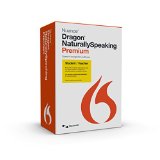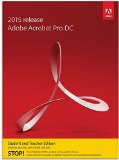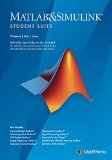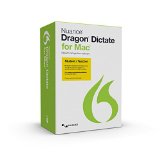Standardized testing
The focus on scoring well on standardized tests has wedged educators into a difficult spot. Teachers are concerned that a poor showing on the tests will jeopardize school funding, or even their jobs, and often feel they have to suspend everything else in order to focus on test prep. Putting so much energy into one assessment — one that doesn’t give teachers and students any granular, actionable information — takes resources, time, and energy away from other kinds of rich learning experiences.
One school district is trying to change the game completely, and could possibly serve as a model for other districts. Douglas County School District outside Denver is hoping to prove to the state education department that the alternative assessments it has developed convey just as much useful information about students’ progress as the standardized tests.
District officials helped write and introduce legislation at the state level to create a waiver system for schools that regularly perform well on state standardized tests. If districts can produce a body of evidence proving they are meeting the expectations of the state for student learning, they could self-report progress. The state would check in to make sure schools are continuing to perform well by testing students once in elementary school, once in middle school and once in high school. The Colorado bill hasn’t passed, but legislators commissioned a study to investigate the topic further.
“Comparability now is more valuable to us in society than performance rigor and having the diversity of opportunities for students to demonstrate their learning, ” said Syna Morgan, chief system performance officer for Douglas County Schools.![]() The government wants one number to represent each students’ learning so it can compare across schools and states, easily identifying schools that lag behind or perform well.
The government wants one number to represent each students’ learning so it can compare across schools and states, easily identifying schools that lag behind or perform well.
While many agree that schools should be accountable for student learning, reducing the measurement down to one score, once a year doesn’t help, Morgan said. The school ends up learning that, on the whole, it got better at reading, but nothing about individual skills like fluency of reading, higher order thinking skills, or the ability to tell the difference between fiction and non-fiction. To get that kind of granular feedback, Douglas County has turned to performance-based assessments.
Douglas County started developing its own performance assessments in 2011 to try and measure the kind of thinking and doing students would need for the real world. Teachers now require students to demonstrate knowledge and skills they’ve learned so that they can pinpoint the specific elements of a nuanced learning goal and be able to tell how a student is doing.
“If you have a set of criteria and you have a clear delineation of what the learning outcomes need to be, then you could measure them in very different ways, ” Morgan said. There’s no need to standardize if each student can prove he or she knows the information and can perform the skills.
You might also like




|
Dragon Premium 13, Student/Teacher Edition, English Software (Nuance Communications, Inc.)
|

|
Adobe Student & Teacher Edition Creative Cloud Digital Software (Adobe)
|

|
Adobe Acrobat Pro DC Student and Teacher Edition Windows Software (Adobe)
|

|
MATLAB and Simulink Student Suite R2015a Software (MathWorks)
|

|
Dragon Dictate for Mac 4.0, Student/Teacher Edition Software (Nuance Communications)
|









 A standardized test is a test that is administered and scored in a consistent, or "standard", manner. Standardized tests are designed in such a way that the questions, conditions for administering, scoring procedures, and interpretations are consistent and are administered and scored in a predetermined, standard manner.
A standardized test is a test that is administered and scored in a consistent, or "standard", manner. Standardized tests are designed in such a way that the questions, conditions for administering, scoring procedures, and interpretations are consistent and are administered and scored in a predetermined, standard manner.